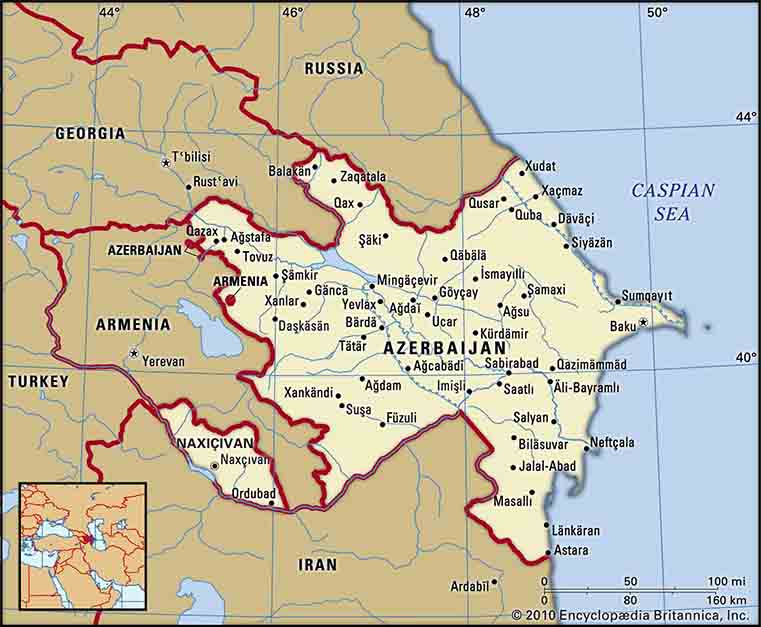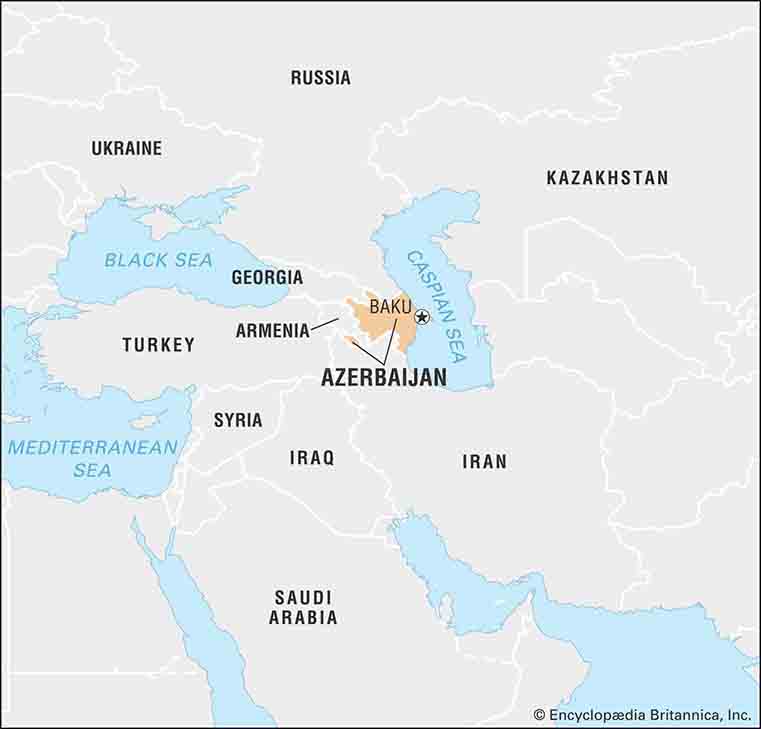In the wake of the tragic incident involving the downing of a jetliner, azerbaijan’s leadership has undertaken a delicate approach in addressing the implications on diplomatic relations. President Ilham Aliyev emphasized that the unfortunate event was a result of an unintended action by Russian forces, stressing the need to avoid inflammatory rhetoric that could exacerbate tensions. As Azerbaijan navigates this complex situation, the government has highlighted several key points:
- Calls for investigation: Azerbaijan insists on a thorough and clear investigation to elucidate the circumstances surrounding the incident, aiming to establish accountability while fostering a spirit of cooperation.
- Importance of Dialog: The President underscored the necessity of ongoing dialogue with Russia, advocating for collaborative mechanisms to prevent future misunderstandings in airspace regulations.
In addition, Azerbaijan aims to reinforce its role as a stabilizing force in the region by fostering constructive dialogue with international partners. The government recognizes the sensitivity of the situation and is keen on mitigating any potential backlash by advocating for a balanced view that accounts for the complexities of military engagements and geopolitical landscapes. As statements are carefully crafted, the overarching message remains clear: Azerbaijan is committed to diplomacy and peace, even amidst adversity.
Understanding the Context: Historical Tensions Between Russia and Azerbaijan
The historical relationship between Russia and Azerbaijan has been characterized by a complex web of political, ethnic, and territorial conflicts that date back over a century. Throughout the 20th century, Azerbaijan found itself navigating the tumultuous waters of Soviet influence, which shaped its national identity and territorial disputes, notably over Nagorno-Karabakh. Following the dissolution of the Soviet Union in 1991, Azerbaijan gained independence, yet the remnants of Soviet-era rivalry remained, igniting periodic clashes and diplomatic standoffs. These tensions were exacerbated by overlapping national interests and external alliances, leading to a cycle of mistrust that continues to affect bilateral relations today.
In recent years, incidents such as the accidental downing of civilian aircraft have reignited long-standing grievances and heightened sensitivities. The context in which these events occur is not merely a reflection of military blunders but is illustrative of larger geopolitical dynamics at play, including energy politics, security alliances, and the role of regional powers. As Azerbaijan seeks to assert its sovereignty and Russia grapples with its imperial legacy, the narrative surrounding such occurrences becomes a focal point for nationalism on both sides. Ultimately, it is indeed essential to recognize that these historical tensions are a crucial backdrop to understanding current events, serving as a reminder of how past conflicts shape present realities.
 Implications for Regional Security: Assessing the Aftermath of the Jetliner Crash
Implications for Regional Security: Assessing the Aftermath of the Jetliner Crash
The downing of the jetliner over the region has unveiled a elaborate web of geopolitical tensions that could reshape the security landscape. Azerbaijani President Ilham Aliyev’s assertion that the aircraft was shot down “unintentionally” by Russian forces raises critical questions about the dynamics between regional powers and thier military operations. This incident not only highlights the fragile nature of airspace sovereignty but also serves as a stark reminder of the unintended consequences that can arise from heightened military activity in contested zones. The need for clearer interaction and protocol between nations is becoming increasingly apparent in a world where tensions can escalate rapidly.
In the aftermath, several implications emerge that warrant careful consideration for regional stability:
- increased Scrutiny of Military Operations: Nations may want to reassess their military engagement rules to prevent further accidental strikes.
- Potential Shift in Alliances: Countries may forge new partnerships or strengthen existing ones to counter perceived threats.
- Calls for International Oversight: the incident could prompt regional and international actors to advocate for more oversight mechanisms regarding military operations in conflict zones.
- Heightened Civilian Awareness: Increased public attention to air safety and military engagement could lead to broader discussions on civilian protection during conflicts.
 Recommendations for Strengthening Air Safety Protocols in Conflict Zones
Recommendations for Strengthening Air Safety Protocols in Conflict Zones
considering recent incidents highlighting the vulnerabilities of air travel in conflict areas,it is indeed imperative to establish more robust safety measures to ensure the protection of civilian aircraft. Implementing a complete no-fly zone policy over active conflict zones can significantly mitigate risks. Governments and international organizations must collaborate to monitor airspace and provide real-time updates on military activity. Additionally, enhancing communication channels between military forces and civilian air traffic control can aid in preventing misunderstandings that could lead to tragic consequences.
Furthermore, investing in advanced detection technology can bolster safety protocols in these volatile regions. Utilizing systems capable of identifying military aircraft in real time can serve as a deterrent against unintended engagements with civilian flights. It is indeed also crucial to promote training programs for pilots and air traffic controllers that focus specifically on conflict zone protocols. These educational initiatives would help personnel recognize warning signs and navigate through potentially risky airspace more effectively, ultimately preserving lives and fostering a culture of safety amidst the chaos of war.
